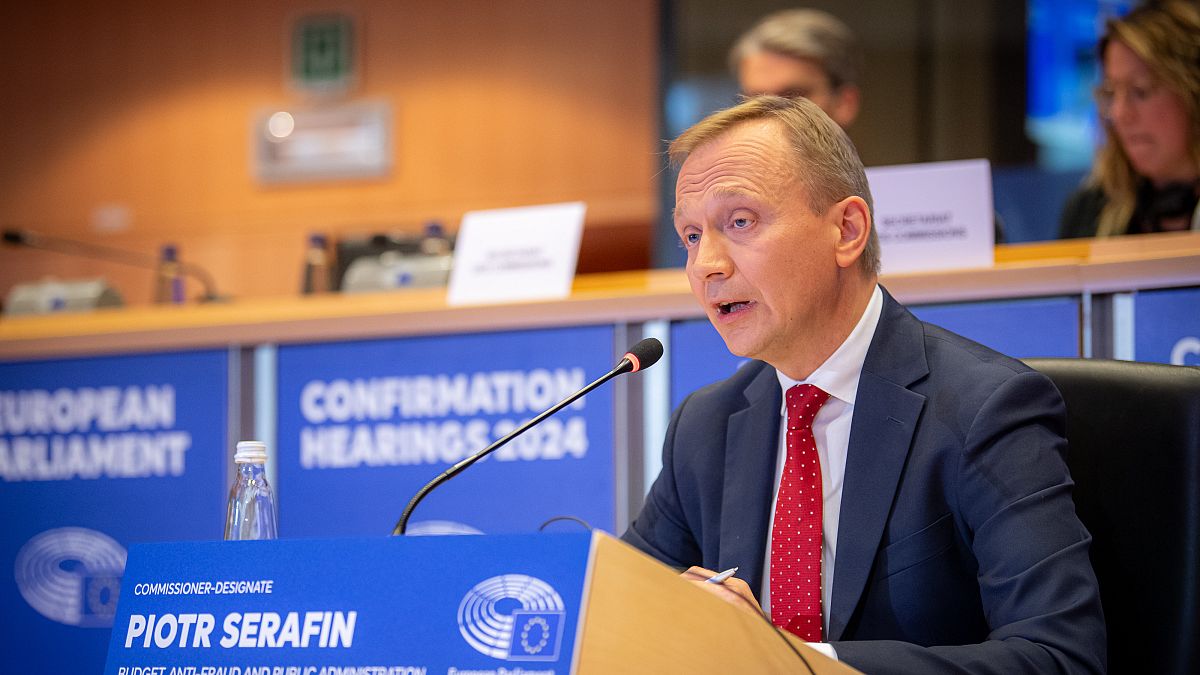The European Union is facing the urgent need to work on new own resources to fund its long-term budget for the period of 2028-2034. During his confirmation hearing, Polish Budget Commissioner-designate Piotr Serafin emphasized the need for a larger budget than the current 1% of the EU’s GDP, stressing the importance of introducing new EU-wide taxes by early 2025. Serafin highlighted the insufficient progress on this matter and urged the Council to resume work on new own resources at the beginning of next year. Own resources, such as customs duties and VAT contributions from member states, are options for funding the EU’s common budget, with a focus on introducing new sources like EU-wide taxes on carbon emissions and big multinationals by 2026.
Serafin’s priority as the Budget Commissioner is to focus on new own resources and convince member states to allocate more money at the EU level rather than at the national level. He believes that it makes financial sense for finance ministers to invest in EU-level priorities like defense and competitiveness, as it can be more cost-effective. MEPs raised concerns about funding for various priorities and programs post-2027, with negotiations on the next long-term budget set to begin in the summer of 2025. Pressure is mounting on the Commission to reconsider proposals to centralize programs into one national cash pot per member state, with calls for fewer, more focused programs and a targeted investment plan for each country.
Serafin also highlighted the need for a more flexible, focused, impactful, and simpler EU budget that is both ambitious in design and size. He emphasized the importance of maximizing the impact of every euro in the EU budget and ensuring that accessing EU funds is not a bureaucratic nightmare. As the Anti-Fraud Commissioner, Serafin plans to enhance cooperation between the European Anti-Fraud Office and the European Public Prosecutor’s Office to swiftly recover EU funds and combat fraud and organized crime in the EU. Strengthening the link between the rule of law report and the EU budget will also help ensure that EU values are upheld.
Despite concerns raised by MEPs, Serafin is likely to receive approval for his position as the Budget Commissioner. The new EU Commission will then need to pass a vote in plenary by the end of November before taking up its mandate, expected to be in early December. Overall, there is a pressing need for the EU to work on new own resources to fund its long-term budget and deliver solutions for its citizens, with a focus on introducing EU-wide taxes and reallocating funds at the EU level for key priorities.











